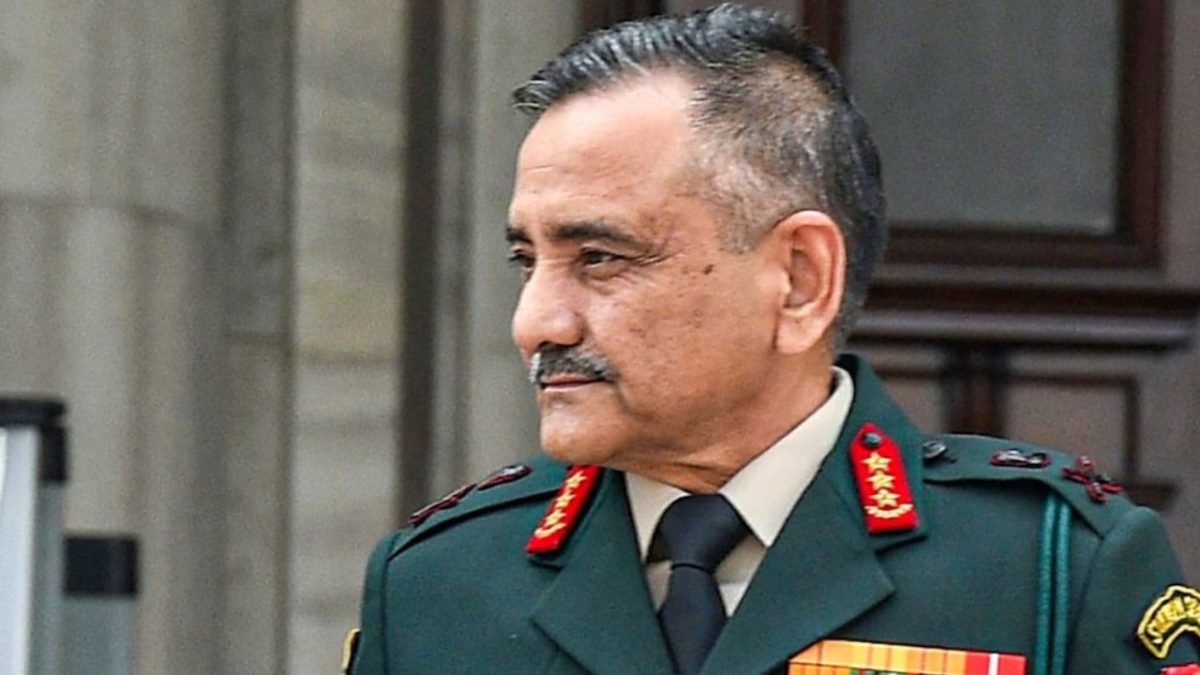CDS Chauhan stressed the importance of preparing India for future bio-threats and the risks of radiological contamination from nuclear weapons. He said even though the chances of a nuclear attack are low, it is prudent for India to factor it into its security planning.
Chief of Defence Staff (CDS) General Anil Chauhan on Tuesday highlighted the need for India to prepare for bio-threats and radiological contamination from nuclear weapons in the future.
Speaking at the Scientific Session on the 100th Raising Day of the Military Nursing Service (MNS) at the Manekshaw Centre, Delhi Cantt., General Chauhan said it would be prudent for India to factor in the possibility of a nuclear attack, even though the likelihood is very low.
Rising bio-threats post-Covid
“The world has been through a period of intense travels and tribulations during the Covid-19 pandemic. Bio-threats, man-made, accidental or natural, are likely to increase in future,” he said. “Defence against such threats and treatment of infected persons require different treatment protocols. We must be prepared for this in future.”
Nuclear preparedness and deterrence
On nuclear preparedness, CDS Chauhan added: “Post-Operation Sindoor, our PM has said that India will not be deterred by nuclear blackmail. While the possibility of use of nuclear weapons in our context is very low, it would be prudent to take this into our security calculus. Radiological contamination requires different protocols for treatment and must be part of our training.”
He noted that readiness against nuclear threats itself acts as a deterrent. “Such protocols are important,” he said.
Chauhan also referred to recent nuclear threats from Pakistan. During the military escalation in May, several Pakistani ministers made public nuclear threats, reflecting Islamabad’s nuclear doctrine. Even Pakistani Army Chief Asim Munir issued nuclear warnings to India while addressing a gathering in the US, prompting PM Modi to assert that New Delhi will never give in to nuclear blackmail.
Data security in healthcare vital in modern warfare
During his address, CDS Chauhan also emphasised the importance of protecting medical data in today’s data-centric warfare.
“Indian DNA is unique. Our immune system reacts differently to different environments or infections. At the macro-level, individual medical data protection is equally important and includes case histories, reports and medical health records. Operational data, deployment related to health patterns, evacuation plans also need to be secured from leakages,” he said.
“Role-based access and encryption of medical data is very relevant in today’s era of data-centric warfare where access to information will allow the enemy an advantage. While data security and data protection is not directly the responsibility of MNS, you must be aware of all these types of challenges,” he added.
End of Article

)
)
